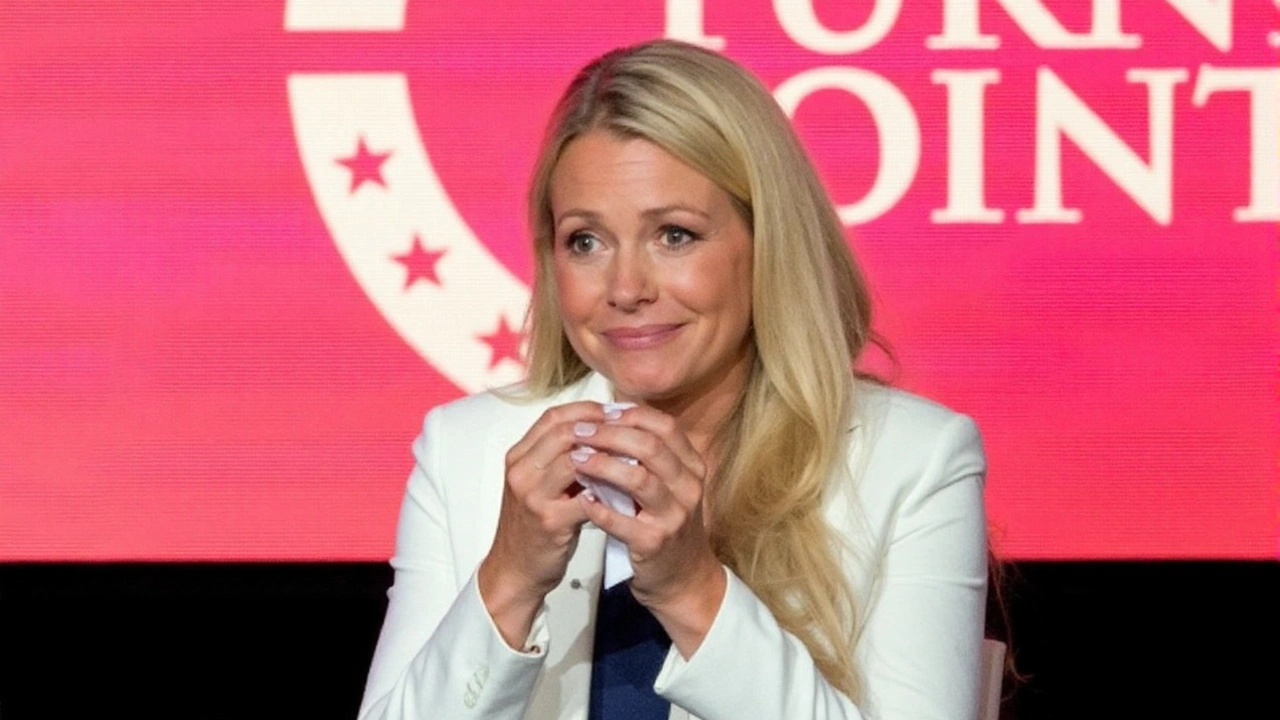Child Trafficking: What It Is and How You Can Stop It
Child trafficking is the illegal trade of kids for labor, sex, or cheap marriage. It isn’t a far‑off problem – it happens in neighborhoods, online, and even on school trips. Knowing the signs can save a life.
How to Recognize the Signs
Look for sudden changes in a child's behavior. They might become secretive, cling to a new adult, or show bruises that don’t match their explanation. If a kid is always missing school, runs away often, or talks about “work” that sounds too adult, take note. Online, watch for chat messages that push for private video calls, ask for money, or promise gifts in exchange for pictures.
Other red flags include: a child wearing clothes that are too big or too small for the season, being forced to travel without parents, or being paid very little for long hours. Trust your gut – if something feels off, investigate.
What to Do If You Suspect Child Trafficking
First, stay calm. Call your local child protection hotline or police. Give them as much detail as you can: names, locations, dates, and any screenshots. Don’t confront the trafficker yourself – that could put the child in more danger.
While waiting for authorities, keep the child safe. Offer a calm place to talk, reassure them they’re not alone, and avoid judging their actions. Many victims feel shame and may hide the truth for fear of punishment.
If you run a business or school, set up clear policies for reporting. Train staff to spot signs and create a safe channel for kids to report abuse anonymously. Simple steps like posting a notice with a hotline number can make a big difference.
Online platforms also have a role. Report suspicious accounts, block users, and encourage parents to use parental controls. Regular talks with kids about internet safety make them less likely to fall for tricks.
Community action matters too. Join local anti‑trafficking groups, attend awareness workshops, or volunteer with NGOs that rescue and rehabilitate victims. Your voice adds pressure on governments to enforce stricter laws.
Remember, stopping child trafficking isn’t just about big agencies. It starts with everyday people noticing, caring, and speaking up.
Every child deserves a safe childhood. By staying alert and acting fast, you can be the reason a kid gets a second chance.

Erika Kirk’s Romanian Angels Ministry: Fact‑Check on Child Trafficking Claims as She Takes TPUSA Helm
Sep 22, 2025 / 6 Comments
Erika Kirk, newly appointed CEO of Turning Point USA, is under fresh scrutiny over her past work with the Romanian Angels charity. The program, run through her nonprofit in Constanta, has been linked on social media to child‑trafficking accusations. Official records, however, show no evidence of forced expulsion in 2011 or documented disappearances. This piece separates rumor from documented fact and places the controversy in the wider context of evangelical groups in Romania.
READ MORERECENT POSTS
- Kaizer Chiefs Officially Welcome Nasreddine Nabi as New Head Coach
- Chelsea vs Wrexham: Pre-season Friendly Ends in Thrilling Draw
- Eintracht Frankfurt Stuns with Last-Minute Equalizer Against Bayern Munich
- Latest Developments in Federico Chiesa's Potential Transfer from Juventus
- Sisi Yemmie Celebrates the Arrival of Twins: Nigerian Food Blogger's Memorable Path to Motherhood
